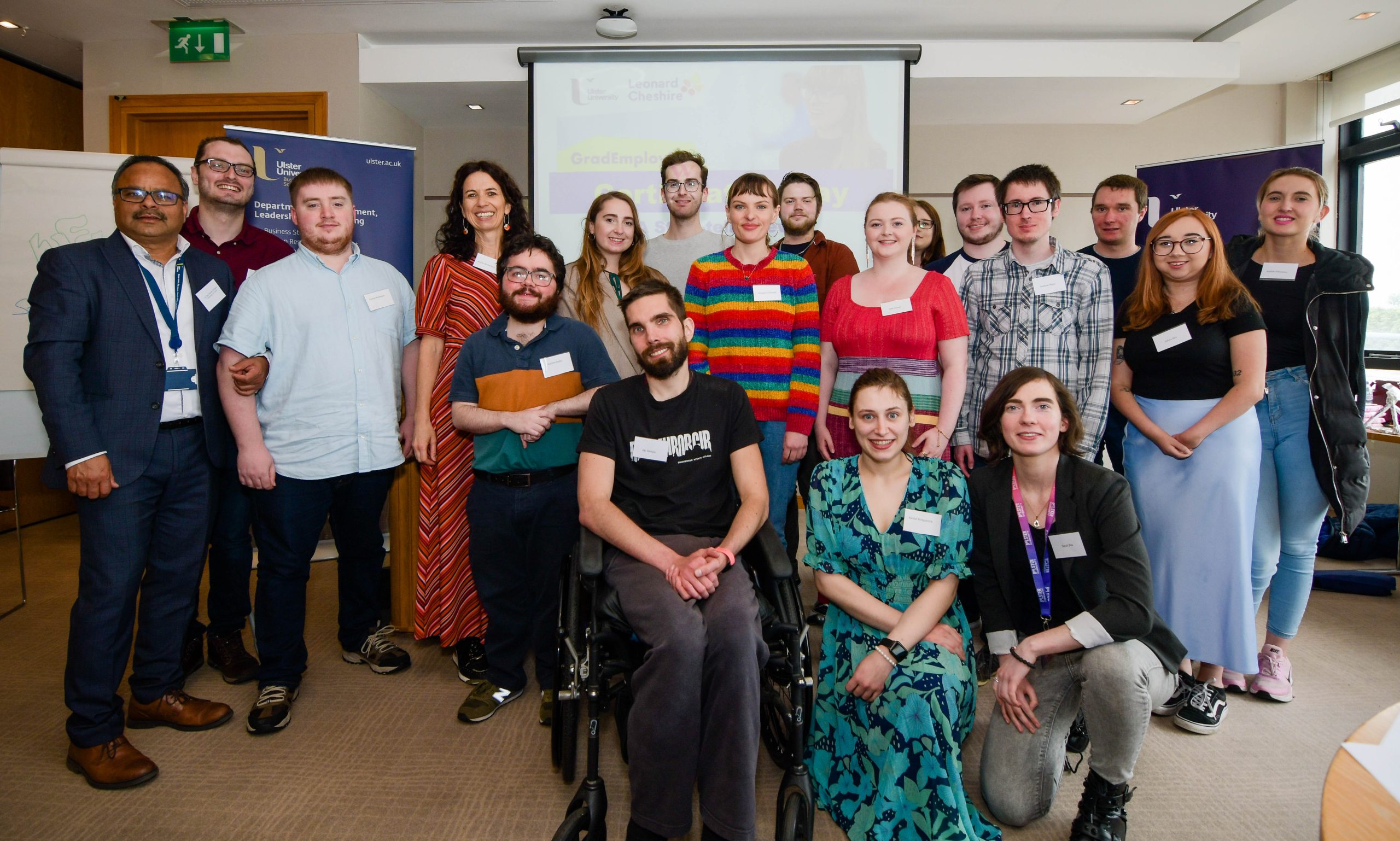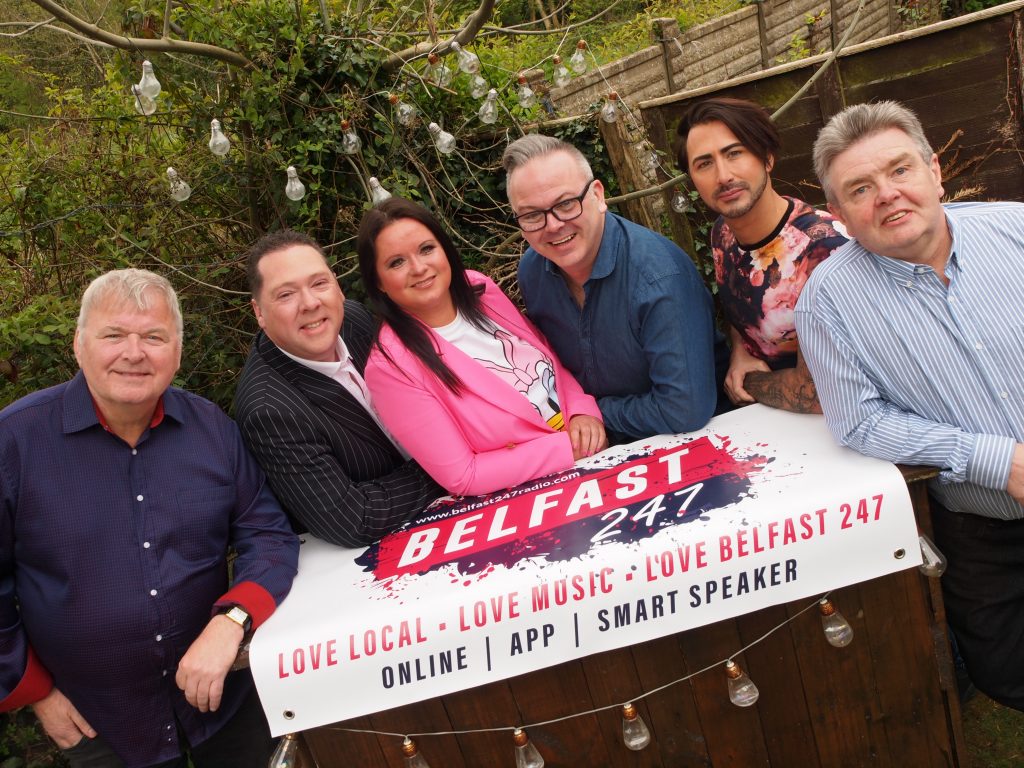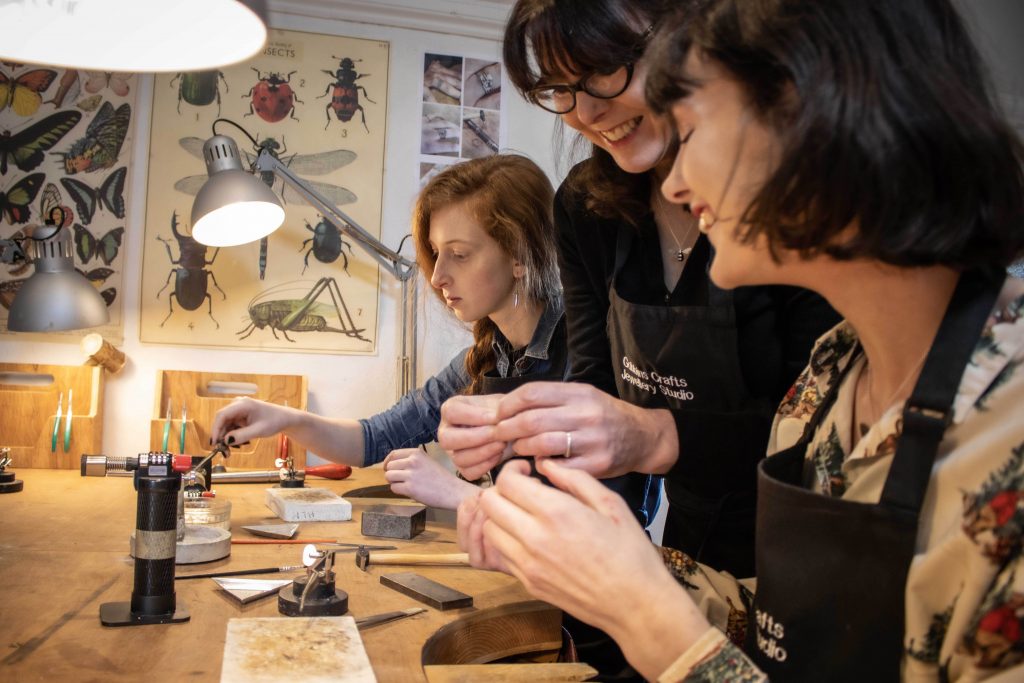The charity that aims to challenge low employment rates amongst disabled people, Leonard Cheshire, is celebrating the success of a programme that aimed to support graduates in future employment.
The scheme, GradEmployNI Programme, which has been funded by HM Treasury through the Renewing Communities Fund, was a bid to turn the tide of poor unemployment rates for fully qualified graduates with disabilities in Northern Ireland.
There is a 38 per cent employment rate for this group compared to the national employment rate of 80 per cent for individuals who do not have disabilities.
Roisin McDermott, Programme manager, said that the programme was developed after a successful similar project in England called Change 100.
“We knew that young people with disabilities, including hidden disabilities and neurodivergent people, can find it more difficult to find employment,” she said.
“The idea of the programme was to reach out to graduates, learn about their skills and their disabilities and find them a three-to-four-month placement.
“We also wanted to build their confidence and business skills and we partnered with the University of Ulster Business school, who have delivered a one-week ‘bootcamp’ and a series of business workshops during their placements.”
A total of 25 graduates were supported who had physical disabilities or hidden disabilities. Of them, almost half were neurodivergent.
“Our aim for the 25 graduates was that they will have greater job prospects at the end of it,” said Roisin.
“Also, that they will have an ability to do an interview, have the chance to apply their university learning in a real workplace and overall feel that they could be successful securing a job in their chosen field.”
The programme manager said being in a working environment and support for interviews was vital, as too many are judged quickly, or were not given the opportunity to showcase their skills.
“I met each individual when they joined the programme and I was amazed at how many just couldn’t get a job as they didn’t perform well at interviews,” Roisin explained.
“One graduate who was highly qualified said he hadn’t applied for any jobs as he couldn’t do an interview.
“Another person said they had gone to interviews and just were so anxious they could not speak. Others said that they had been to many interviews and did not get selected.”
Almost half of the graduates have hidden disabilities like epilepsy, depression, anxiety, diabetes and Crohn’s, among many others.
Thanks to the success of the GradEmploy NI Programme, Starr Hamilton, who as an infant was diagnosed with osteomyelitis, a painful bone infection, which affected her health for life has had the chance to gain experience at Fresh Minds Education, a charity organisation that is based in Antrim.
As a result of her experience gained, Starr has secured a full-time employment with another organisation, now looking forward to starting the next chapter of her graduate life, something she did not think would be possible.
“I have been watching my confidence grow day by day, making new friendships, connecting with people, not being so into myself as I was before. I was very much a closed book, whereas now I’m open to the idea of making friends and meeting new people in a way I wouldn’t have been before,” she said, adding that she would encourage anyone in a similar situation to apply for schemes like Leonard Cheshire’s programme, as the placement has been one of the best things she has ever done.
“Without it, I don’t think I could have secured full-time employment.” she said.
Having been excluded from many activities due to a lifelong disability, Belfast man Andrew Bailie, 23, had always felt his career options would not be ample.
According to Leonard Cheshire, various types of organisations were enthusiastic to offer placement roles, including Newry-based charity Bolster community, media consultancy Excalibur Press, and TV company NVTV.
Leonard Cheshire sees this scheme as a positive change against the background of gloomy statistics: 19% of employers say they would be less likely to hire someone with a disability.
Asked what the main misconceptions are that employers might have about a disability similar to his, Andrew said, they would probably “assume the worst”.
He said: “They would hear about my disability, look up what it is and then would automatically assume that I would be unable to do the work, instead of bringing me in for an interview where I could better explain what I could or couldn’t do.”
However, Andrew is understanding: “Some businesses wouldn’t be able to make adjustments for a disabled employee because of the nature of their jobs, or perhaps they just don’t have the means to do so. I do not feel that employers do this maliciously, they just don’t fully understand sometimes.”
At Expleo, Andrew’s day to day work involves helping clients with their projects. He finds his team members supportive of a diverse workplace.
“They have covered whatever I have needed while on placement, which is brilliant,” he said.
“Working in an office has allowed me to meet many different people from all different backgrounds, which has helped improve my social skills massively, I do not feel I would have improved as much without the placement programme,” Andrew said.
Investment in GradEmplyNI totalled £123,480, and saw the graduates placed with three large IT companies (Civica, Kainos, Expleo Group), four quasi-governmental bodies (Councils, Policing Board and Queens), seven with not-for-profit organisations and six with small businesses.
The graduates’ degrees included anthropology, archaeology, computer character animation, planning and design, international security and terrorism, archiving for libraries and IT and many more.
Sinead McAleer, Corporate Learning & Development Manager at Mid Ulster District Council, one of the employers on the scheme said: “As an equal opportunities employer, the Council was delighted to be involved in this programme & welcomed the opportunity to facilitate a placement within our Planning department which would enhance learning & development & improve employability.
“It is important that companies support these programmes by providing opportunities to participants to gain practical work experience in ‘real work situations’ which can only enhance their learning experience and thus increase confidence for applying for jobs.”
Lorraine Acheson Managing Director of Belfast based Women in Business NI said the programme allowed the organisation to “live up” to their diversity and inclusion values.
She added: “Our graduate has been a tremendous asset to the company. She has fitted well into the team and works quickly and diligently on all aspects of her job.
“It is incredibly important for companies to support programmes such as the Leonard Cheshire Grad Employ programme, to shine a spotlight on the importance of diversity and inclusion in the workplace and to provide opportunities to graduates with a disability.
It’s a great opportunity for both the company and the graduate and there are other companies who can provide support and encouragement to a first time company.”
The Leonard Cheshire programme is part of the charity’s ongoing work and is part of its ongoing series of programmes.
For more information go to https://www.leonardcheshire.org/our-impact/our-uk-work/northern-ireland





